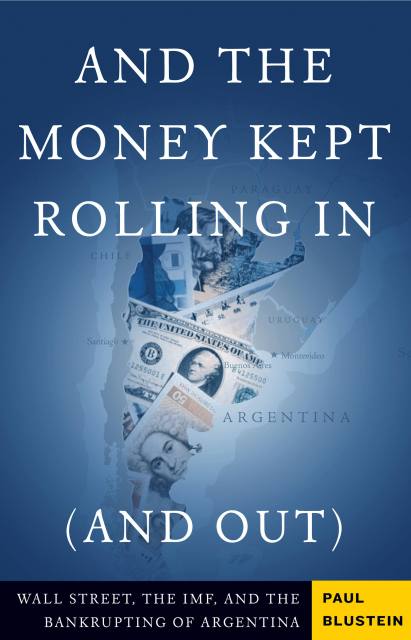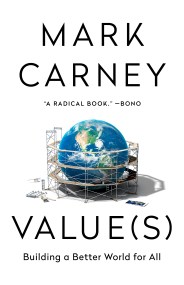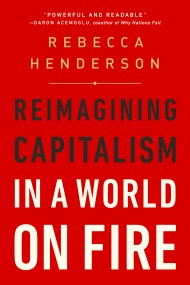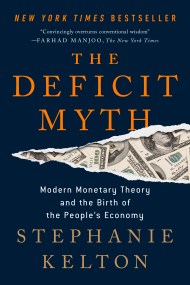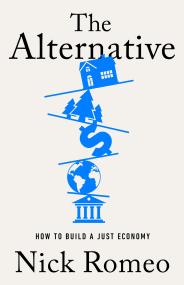By clicking “Accept,” you agree to the use of cookies and similar technologies on your device as set forth in our Cookie Policy and our Privacy Policy. Please note that certain cookies are essential for this website to function properly and do not require user consent to be deployed.
And the Money Kept Rolling In (and Out) Wall Street, the IMF, and the Bankrupting of Argentina
Contributors
Formats and Prices
- On Sale
- Apr 4, 2006
- Page Count
- 304 pages
- Publisher
- PublicAffairs
- ISBN-13
- 9781586483814
Price
$21.99Price
$28.99 CADFormat
Format:
- Trade Paperback $21.99 $28.99 CAD
- ebook $9.99 $12.99 CAD
This item is a preorder. Your payment method will be charged immediately, and the product is expected to ship on or around April 4, 2006. This date is subject to change due to shipping delays beyond our control.
Buy from Other Retailers:
Paul Blustein, whose book about the IMF, The Chastening, was called “gripping, often frightening” by The Economist and lauded by the Wall Street Journal as “a superbly reported and skillfully woven story,” now gets right inside Argentina’s rise and fall in a dramatic account based on hundreds of interviews with top policymakers and financial market players as well as reams of internal documents. He shows how the IMF turned a blind eye to the vulnerabilities of its star pupil, and exposes the conduct of global financial market players in Argentina as redolent of the scandals — like those at Enron, WorldCom and Global Crossing — that rocked Wall Street in recent years. By going behind the scenes of Argentina’s debacle, Blustein shows with unmistakable clarity how sadly elusive the path of hope and progress remains to the great bulk of humanity still mired in poverty and underdevelopment.
-
Wall Street Journal, February 16, 2005
"An extraordinary tale of bad policy and financial gluttony... Mr. Blustein tells the tale with precision and panache, offering inside-baseball details and, along the way, color commentary."
Washington Post Book World, May 8, 2005
"The book could have been titled 'CSI: Buenos Aires' because what Blustein expertly investigates is undoubtedly an economic crime scene.”
The Economist, March 5, 2005
“An engrossing inside account… The arguments surrounding Argentina's collapse are complex and technical. It is Mr. Blustein's considerable achievement to have fashioned them into such a page-turner.”
Financial Times, February 17, 2005
“An economic crisis as astonishing as Argentina’s deserves a detailed forensic examination, and in Paul Blustein’s second book it receives it… [a] riveting narrative…timely.”
Los Angles Times, July 24, 2005
“an absorbing tale of hope, folly and betrayal” and an “authoritative account of the nation's unraveling.”
Foreign Affairs, May/June issue
"a vivid and intelligent case study of economic tragedy."
Newsletter Signup
By clicking ‘Sign Up,’ I acknowledge that I have read and agree to Hachette Book Group’s Privacy Policy and Terms of Use
